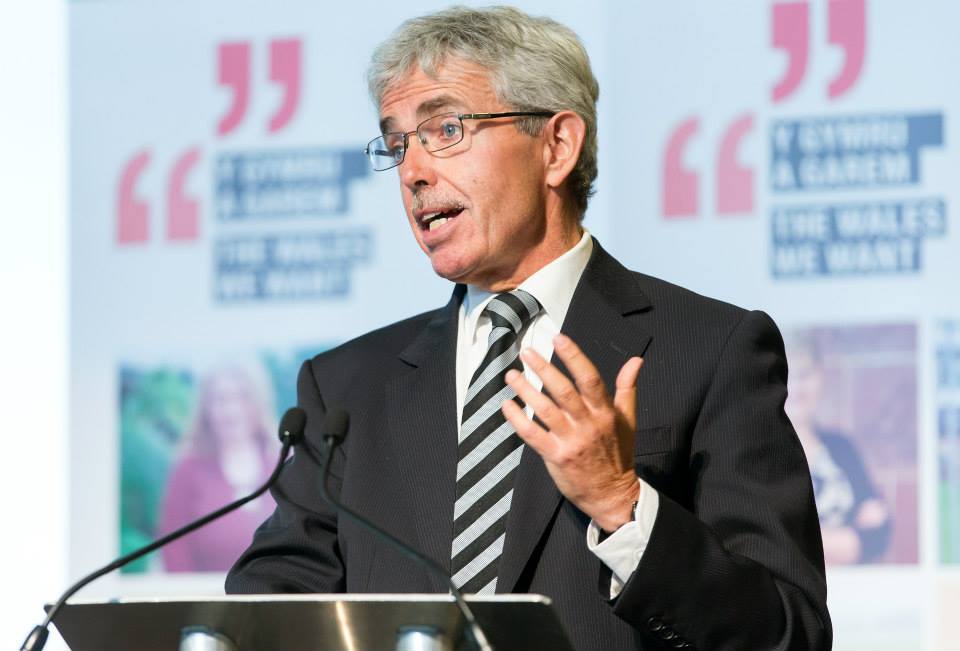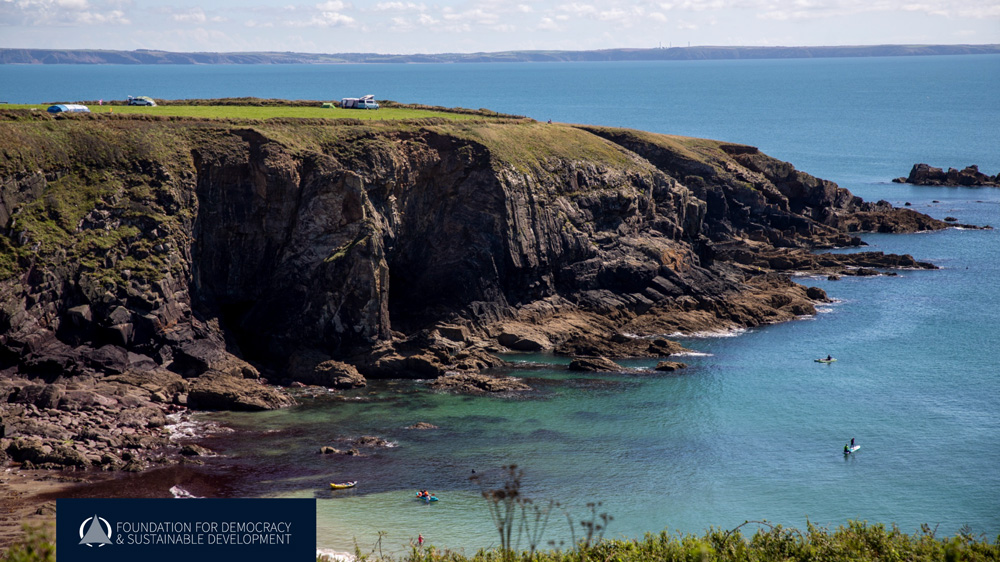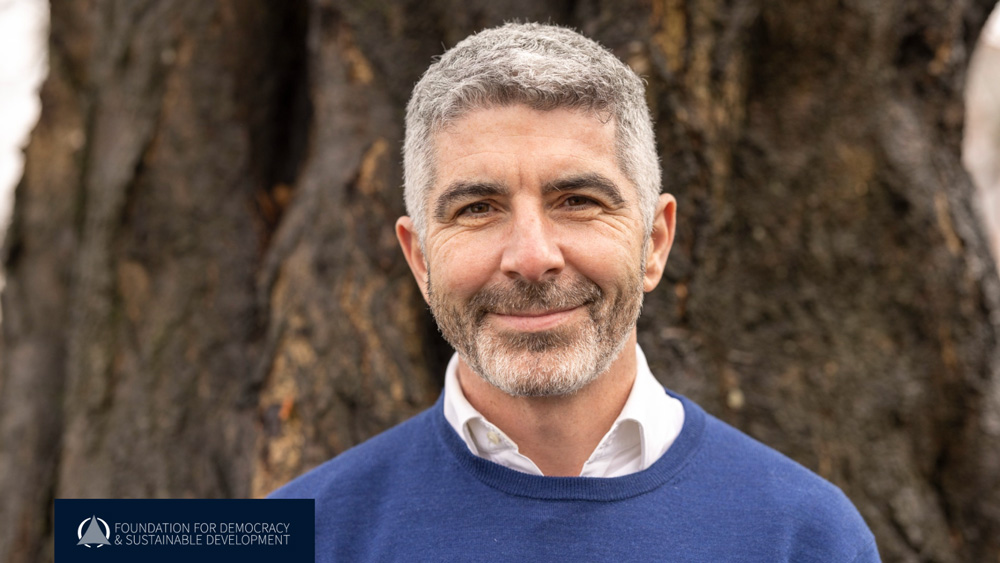Peter Davies has a wide range of roles working in support of communities, citizens and consumers. These include chairing the Wales Council for Voluntary Action, Welsh Water’s Customer Challenge Group and the Size of Wales charity, Director of Pembrokeshire Community Energy. He is also a member of the BT Wales Advisory Board and Community Custodian for River Simple. Peter is Wales’ former Sustainable Futures Commissioner and played a lead role in the development of the Wellbeing of Future Generations (Wales) Act, particularly through leading the national conversation on the Wales we Want.
Peter was interviewed by fellow trustee, John Lotherington.
What was the intention behind the Well-being of Future Generations (Wales) Act? Are there any early signs of impact?
In Wales the principle of sustainable development was set at the heart of the first Government of Wales Act making it one of the few administrations in the world with such a legal duty. The last Welsh Government built on this commitment with a fundamental reform of the legislative framework with the introduction of the Well-being of Future Generations (Wales) Act in 2015. This Act set out a framework of national goals, indicators of progress and operating principles. It also established a Future Generations Commissioner as a new institution in the devolved structure of governance, with responsibilities as an advocate for future generations.
The Act became law on April 1st 2016, alongside the appointment of the new Commissioner. Although it is very early in its implementation, there are encouraging signs that the legislation is a catalyst for changing mindsets and enabling new ways of operating that focus on long term preventative action and wider participation in decision making.
Specifically, the 44 public bodies with duties under the Act have to review their operations and set out objectives that will measurably contribute to the achievement of the national goals. The Act also introduced Public Service Boards that operate across all local authority areas, bringing together public service organisations responsible for improving local wellbeing. These boards are currently undertaking local wellbeing assessments with their local communities to prioritise action on joint working to deliver local wellbeing plans.
How can we know now what will be best for the well-being of future generations?
The Act emphasises the involvement of communities in shaping their future. However, this community-led process needs to be informed. There are requirements on the Welsh Government to produce future trend reports to ensure an understanding of the nature of the challenges likely to be faced by future generations.
The national goals also provide an overarching framework which links to the UN Sustainable Development Goals – so the WalesWeWant relates directly to the World We Want.
What ensures that the people of Wales will remain engaged in the workings of the Act, as opposed to a more tick-box exercise for public services?
The Future Generations Commissioner has a key role in this process with statutory duties and powers under the Act, to ensure that the principle of involvement is applied effectively. This is also reinforced by the role of the Wales Audit Office which has a duty to ensure that the principles of the Act are being applied by public bodies.
However, there is also a powerful civil society movement committed to the importance of the Act and focused on ensuring public bodies meet the raised expectations. There are formal channels for such pressure, such as through the SD Alliance of large and small NGOs, chaired by WWF Cymru.
Building on the Act, how would you hope to see the relationship between democracy and sustainability develop in the future in Wales?
The link between democracy and sustainable development has always been central to the thinking behind the Act. Political realities mean that democracy is too often driven by short-term expediency and electoral timetables. The Act is an attempt to introduce mechanisms that require a focus on the long term, but also directly link to the electoral cycle. For example, the Commissioner has to produce a report on the ‘Wellbeing of Future Generations’ in the year before the elections for the National Assembly. The intention is to provide an independent report on progress against our national goals and to contribute to a more informed electoral debate. It would be hoped that political parties then relate their manifestos more closely to the evidence of what is needed to improve long term wellbeing.
What do you see as the key challenges coming up for the link between democracy and sustainability, and what would you yourself like to focus on in the future?
There is a real challenge to bridge the trust gap between communities and the democratic process. I believe we need to focus on building bridges at community level, by ensuring that local people have more control in shaping the futures of their communities. We need to build the links between local democracy and active involvement in voluntary and community action. There are some great examples around the UK, such as the so-called ‘flat pack democracy’ model in Frome. It is why my personal priority is to support the work of the Wales Council for Voluntary Action as Chair of the Board and to work on other projects that can enable active communities.




